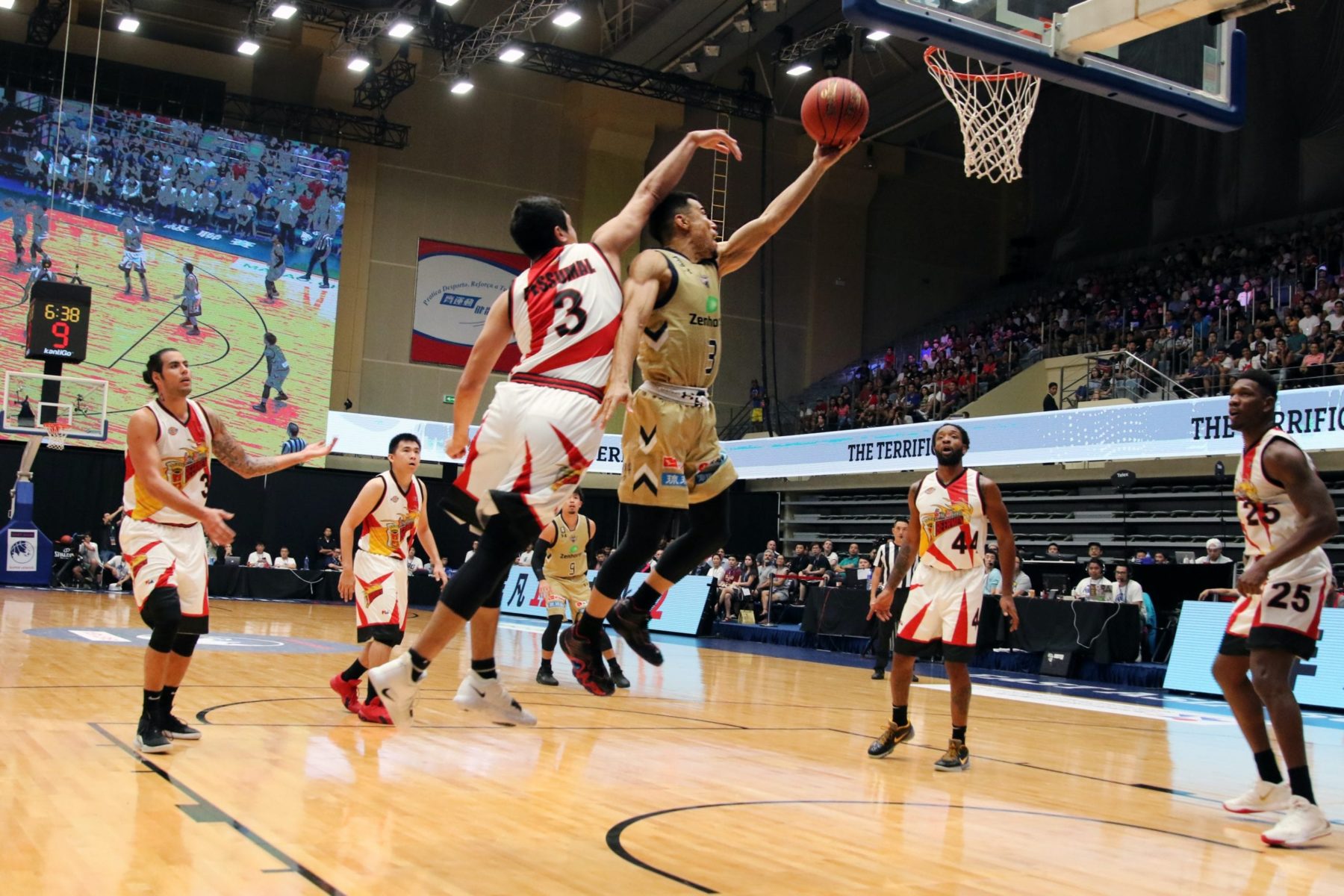Performance is 90 percent mental and the rest is physical.
This is a quote many athletes would have heard before. And while the maths might not exactly add up and as clichéd as the saying might be, it helps to remind us that it is important to train for both the physical and mental components of any performance (whether athletic or not).
It has long been reported that athletes can experience their best sporting performances when they plan to execute mental strategies prior to competition. However, your average athlete is much more likely to research the latest gear, the best training techniques, and what food to eat prior to an event rather than focus on mental strategies to aid performance.
Similarly, with the ever-changing COVID-19 landscape, those who engage with techniques to help focus their mindset may benefit from improved mental wellbeing, as well as be better able to adapt to change, whether returning to lockdown or returning to ‘usual life’.
One aspect of psychology to aid this process is to incorporate a growth mindset into everyday life.
Psychologist Carol Dweck is best known for her research on how mindsets influence motivation and success. Following research examining hundreds of children, Dweck proposed that people who believe that intelligence, talent or ability is innate and unchangeable hold a fixed mindset, while those who believe that their abilities are dependent on training, effort and openness to learning hold a growth mindset.
Individuals who incorporate the use of a growth mindset are better able to tackle challenges and persist in the face of difficulties and setbacks.
To give an example of research in the sporting domain, Potgieter and Steyn (2010) examined 80 university students competing across various sporting activities. Participants filled out a questionnaire examining their reaction to success and failure as well as a measurement of their mindset (e.g. fixed or growth). It was found that those with a growth mindset were more likely to react positively to both their ‘success’ and ‘failures’. In practical terms, this may mean they are more likely to accept criticism and improve their performance when faced with challenges.
This too can be adapted to our own approach to COVID-19.
Many Victorians have been plunged back into our second lockdown. In my own practice I have listened to students say, “I could not go into lockdown again” and “I am not good enough to study at home during lockdown”. Taking this mindset back into the lockdown period may result in a self-fulfilling prophecy of low motivation, reduced work efficiency, and acceptance that conditions at home will not change.
However, if we attempt to recognise and learn to adapt these thoughts to our ever-changing environment, we may experience a slightly better outcome. For example, a student is more likely to tell themselves, “Last time I didn’t study well in lockdown, I wonder why was that and what can I do to change that this time round?” or “Last lockdown I wished I had exercised more, how can I make this happen?” This different pattern of thinking can lead to greater curiosity and recognition that the last lockdown period does not have to be the same as this time.
While research suggests our ability to use growth/fixed mindsets are formed during the early years of our development, we are still able to adjust our thinking to incorporate one or the other with a bit of effort. It may help to work with a professional, or you can try the following the steps:
- Develop awareness of your inner fixed mindset thoughts or monologue over time. It helps to write these down and talk about them with somebody you trust.
- Make an active choice to write down alternative growth mindset interpretation of situations.
- Practise thinking (even saying aloud) these growth mindset phrases especially when you note you are in a fixed mindset mode.
- Act on your growth mindset phrases, and praise and reward yourself when you do. Automatically using a growth mindset does not happen quickly, but with consistent practise this can change over time.
I have added two practical examples below:
Situation: You fail to reach a goal time in a race.
Fixed Mindset: You may stop running. “I’m not good enough for this. Maybe I will stop running and make an excuse or start a different sport.”
Growth Mindset: You may finish the race and learn from the experience. “It didn’t work out for me today; I wonder what went wrong? I will analyse my training and try again. This may take a bit more time than I originally thought.”
The individual with the growth mindset is more likely to bounce back, be more flexible, and continue running despite setbacks, which are mostly unavoidable in sport.
Situation: You are a school student who is going back into lockdown, and last time failed to complete any work.
Fixed Mindset: You may not even attempt to do work this time. “I didn’t have the ability to do this last time. Maybe I will not bother, what difference does it make anyway?”
Growth Mindset: You may attempt again but this time in a different environment. “Last time I know I didn’t try hard enough to organise myself. I was not able to study in my bedroom because I was so distracted on social media. Maybe I can change things up this time and work in the lounge room instead? I’ll give it a go and maybe it will change.”
The individual with the growth mindset is more likely to give study another go, be more flexible, and try again under a different set of conditions.
For more information on the development of a growth mindset check-out:
References
- Dweck, C. S. (2006). Mindset: The new psychology of success. New York: Randsom House.
- Potgieter, R. D., and Steyn, B.J.M (2010). Goal orientation, self-theories and reactions to success and failure in competitive sport. African Journal for Physical, Health Education, Recreation and Dance, 16 (4), 635 -647.

Nathan Trevitt is a fully qualified psychologist who has worked with adolescents in secondary schools for 5 years. He has strong interests in the use of social media and its impact on mental health, sport and performance psychology, and he enjoys encouraging healthy wellbeing strategies and technology to assist with mental health difficulties.

